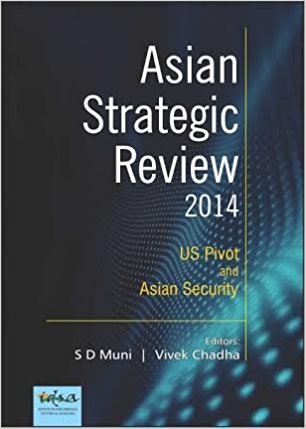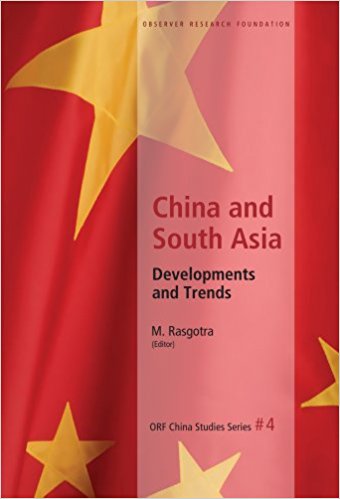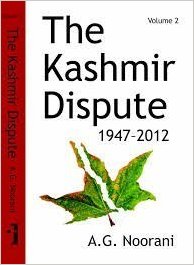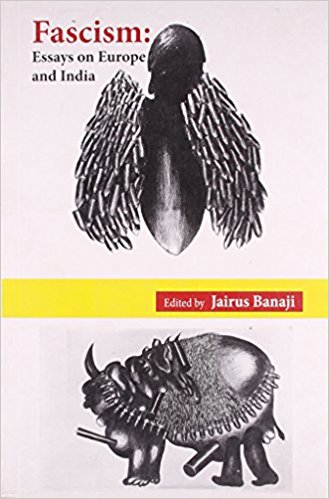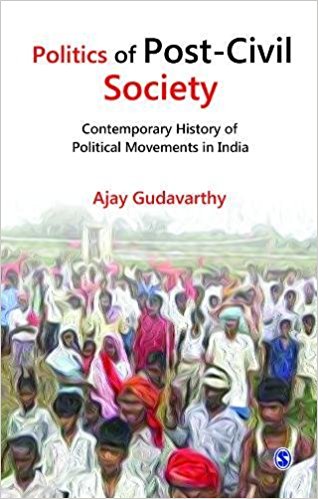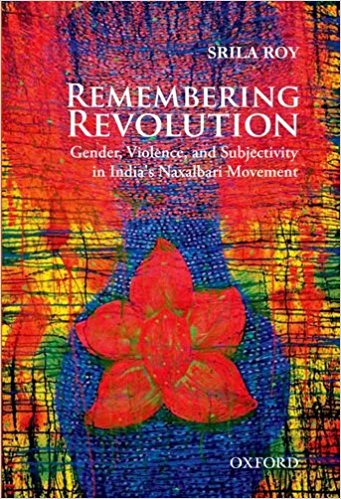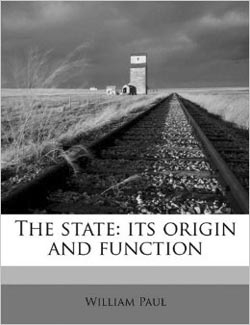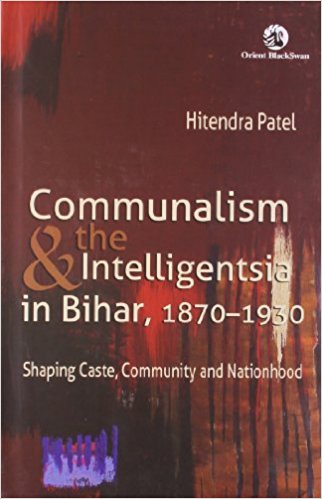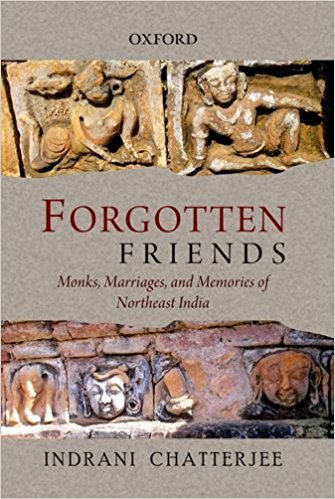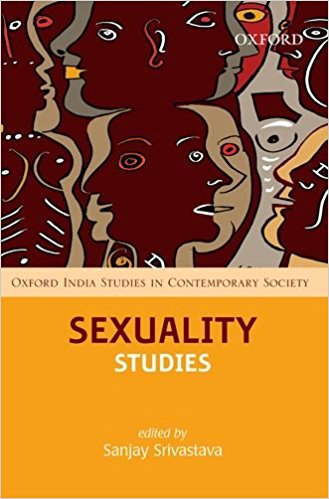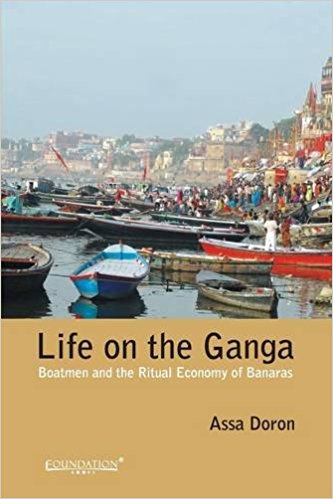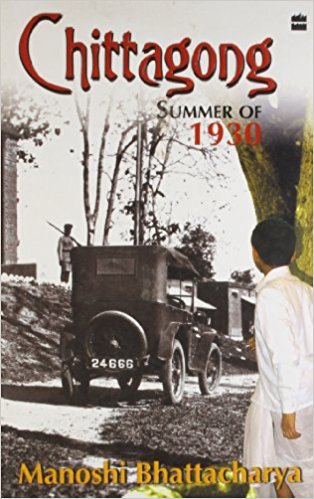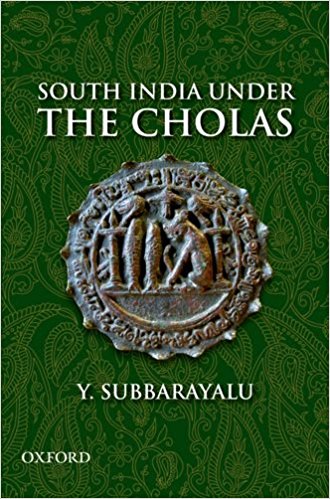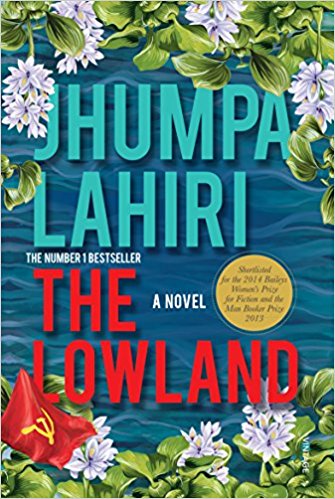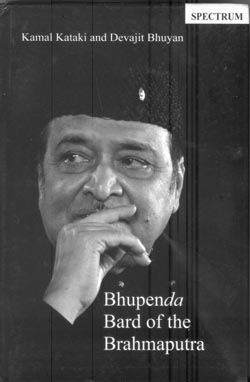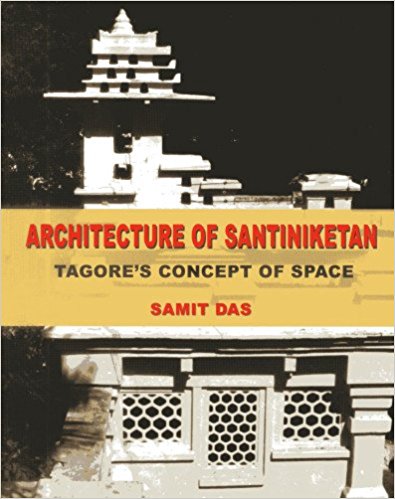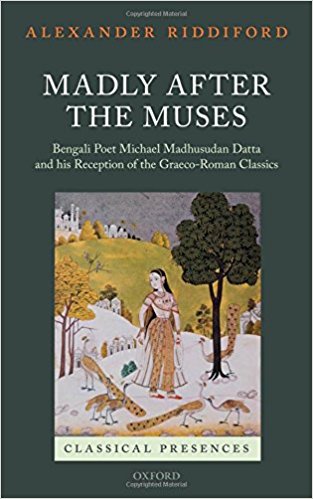The slim volume under review is the end-product of a round table organized by the National Institute of Advanced Studies (NIAS), Bangalore in May-June 2012.
Archives
December 2013 . VOLUME 37, NUMBER 12Asian Strategic Review carries forward the tradition of the Institute of Defence Studies and Analyses to bring out an analytical volume comprising contributions of its own researchers on a current theme having wider ramifications for defence and security in the world in general and India in particular.
Our large neighbour to the north, the People’s Republic of China, has been the subject of Indian scholarship for some time now. Much of this scholarship is focused on issues of traditional security, China’s strides in military modernization and the implications for India.
A.G. Noorani’s The Kashmir Dispute 1947-2012 in two volumes presents a substantial and systematic compilation of a lifetime’s work on and around the dispute, much of it already published in various books, journals and magazines over five decades.
Few realize that the dynamics of the emergence of nations and nationalism in Europe and elsewhere butchered and wiped out many societies and communities.
Social movements and the politics surrounding them is a major concern for political science scholars all around the globe. While sociologists are largely concerned with giving accurate descriptions and providing explanations for the success or failure of social movements, political scientists go a bit further into debating the normative and strategic goals and motives of these movements.
Remembering Revolution is a perceptive, sympathetic and yet systematic and rigorous study of gender in the Naxalite movement in the 60s and 70s. There have been many studies of the Naxalite movement of late, but none that has explored the role of women from the point of view of their own experiences and motivations on the one hand, and on the other, examining the attitudes existing then among their male comrades, the party leadership, family and social milieu, which in turn influenced what they did and thought.
The notion of the state is central to political theorizing but ironically in Marxism. Both with the originators and its latter exponents, its account is sketchy. Hegel, who was the starting point for Marx for all his major concerns, worked out the details of a modern state by his distinction between the realm of state and the realm of civil society but Marx’s account is sketchy and reticent in working out the details of the modern state.
The growth of community-oriented consciousness and articulation of antagonism between Hindus and Muslims in the last quarter of the nineteenth century and in the early twentieth century have attracted considerable scholarly attention in recent times.
As I began to read Forgotten Friends: Monks, Marriages, and Memories of Northeast India a fresh bout of political mobilization demanding separate statehood had already spiralled up in Assam. These competing political claims had overlapping geographies and try to transcend the limits of modern political boundaries.
Can there be a more opportune time for an extensive discussion of sexualities in postcolonial India? Each and every day, it seems, we are confronted yet again by the systemic sexual violation of subaltern subjects, marked by one or more intersecting vectors of difference: caste, class, gender, sexual orientation.
Assa Doron, Director of the South Asia Research Institute at the Australian National University, and formerly tourist, tour guide, then anthropologist in Banaras, demonstrates in this book the different, difficult, complexly interwoven feats that the discipline of anthropology is capable of. The setting of the book is Banaras.
Manoshi Bhattacharya’s riveting book brings to the fore one of the most dramatic episodes in our freedom struggle, the Chittagong Armoury Raid. Bhattacharya’s book drawing upon an extensive array of sources skillfully depicts the circumstances which culminated in the attempted insurrection on 18, April, 1930.
This collection of seventeen scholarly essays published by Subbarayulu over the last three decades in various journals and books deals with the socio-economic and political formation in South India during the period of the Cholas.
2013
From the winner of the Pulitzer Prize for Fiction comes another evocative novel with Indian-American theme! Subash and Udayan are blood brothers. Born a year apart, theirs is an idyllic childhood, like many others in suburban India.
The authors’ profound love for Bhupen Hazarika, celebrated as the only great ballad singer in India till his death, comes out in their offering, Bhupenda: Bard of the Brahmaputra.
On the tentative UNESCO World Heritage list since 2010, Rabindranath Tagore’s Santiniketan is not only a familiar name across India but also one that espouses academic and orientalist associations worldwide even today. Its origins, history and especially architecture are likely to interest those familiar with this unique establishment and its notable achievements.
Although the first part of the title of Alexander Riddiford’s book is not put within quotation marks, the phrase stands out, so that even the lay reader unfamiliar with Madhusudan Datta would guess that it is, in fact, a quotation. For the reader acquainted with Madhusudan’s oeuvre, the word ‘madly’ would seem typical of the exaggerated phraseology so beloved of him, and it is, in fact, taken from a letter to his friend Rajnarain Basu, describing his state of excited creative composition at the time.


